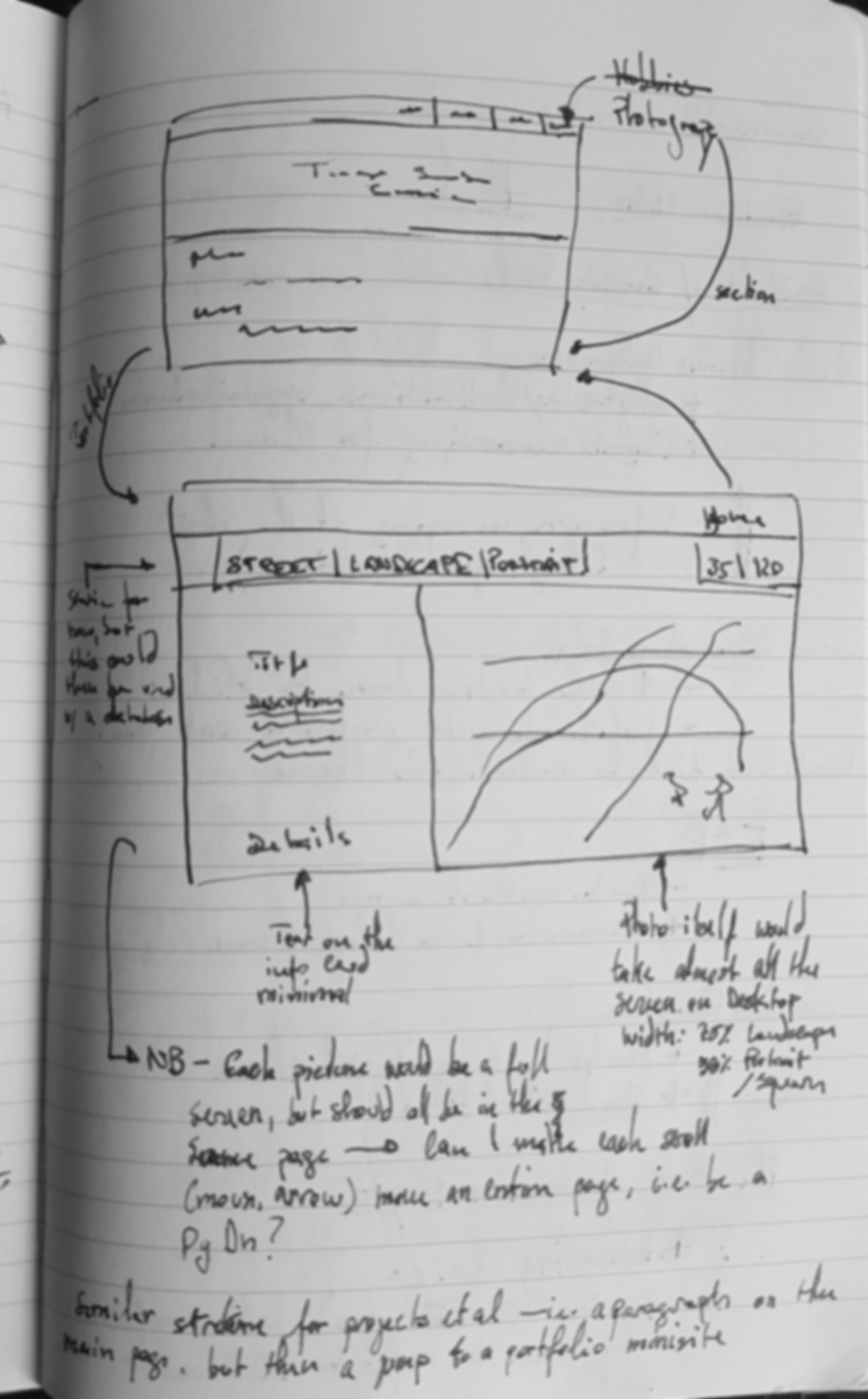About me
Hey, thanks for stopping by.
If you are seeing this, I assume you are at least somewhat interested in learning something about me so here are the essentials.
I'm an academic originally from Porto, Portugal, but currently based in Newcastle-Upon-Tyne, a vibrant city in northern England.
My academic research is focused on literary translations made during the early modern period (roughly equivalent to the Renaissance, or 1500-1700, though the boundaries shift depending on who you ask). My main area of focus is in translations into English, particularly from Portuguese and other romance languages. In fact, I wrote a whole book about one specific translation, Sir Richard Fanshawe's version of Os Lusíadas, originally written by the Portuguese poet Luís de Camões.
I also work in Digital Humanities, a large and amourphous research field, which is interested in using, experimenting, and generally playing around with digital technologies for research in the humanities.
I didn't set out to become a digital humanist, but such is life. Before starting my humanities undergraduate degree, I worked with computers for a living, as a software developer for small company. I went on to start, but not finish, a degree in Computer Engineering, before shifting my focus to the humanities. Years later, my two main interests have married, and I am now working and researching at the intersection of literary studies and digital technologies.
In my free time I still like to play with computers in a more technical way, which goes some way to explain the existence of this website and why I decided to build it completely from scratch. Who needs Wordpress anyway? I have been known to tinker with electronics (there is an Arduino board somewhere in my study to attest to that) but mostly, whenever I am not working, I am taking photographs. As any good amateur photographer, a significant portion of my website is dedicated to my artistic attempts.
There is more information about each one of my main areas of interest below, plus the usual links to various forms of social media. Feel free to get in touch. Thanks for stopping by.








